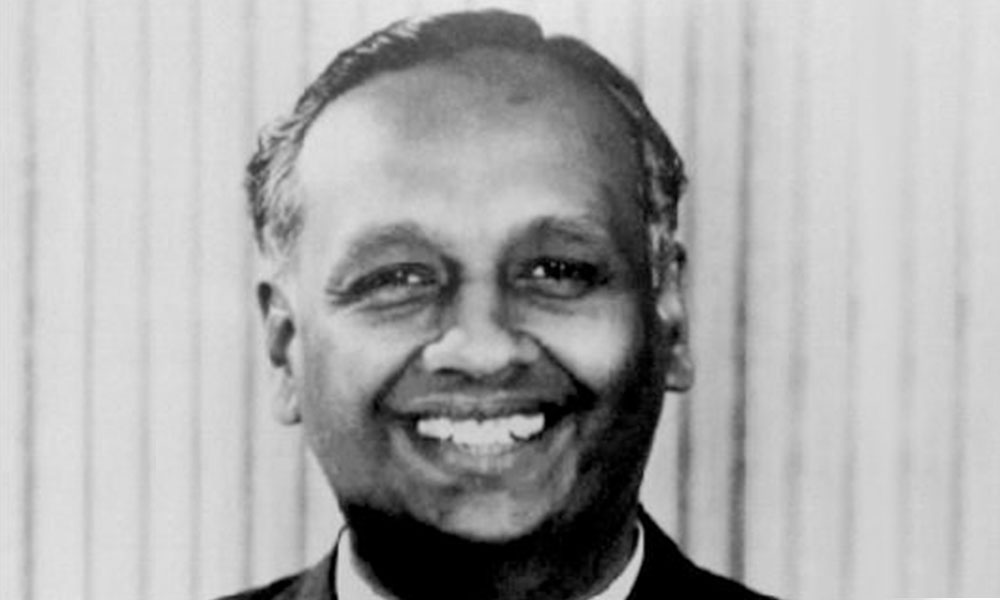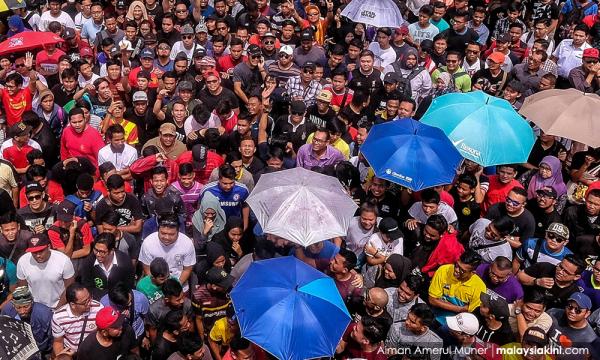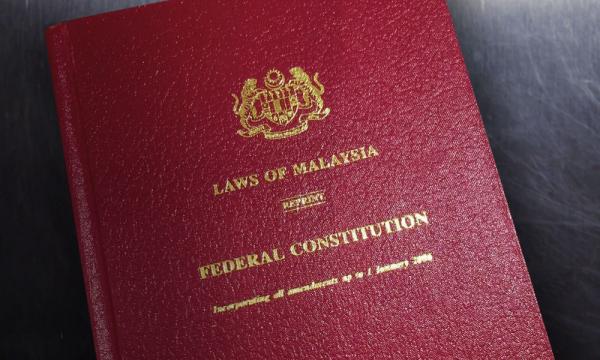LETTER | Recently, Education Minister Maszlee Malik was attacked left and right by some political leaders as he was adamant with his stance that the matriculation quota for the Malays and other bumiputeras should remain at 90 percent, while for non-Malays at 10 percent.
In response, Maszlee argued on the inequality in job opportunities that placed mastery in the Mandarin language as one of the prerequisites for a number of job applications in Malaysia.
The 90 percent matriculation quota is part of the special rights for the Malays and other bumiputeras as prescribed in Article 153 of the Federal Constitution. Based on this fact, Maszlee should not have raised the Mandarin language requirement issue but instead gently reminding these political leaders that the special rights of the Malays and other bumiputeras are protected and enshrined in the Constitution - rejecting it could tantamount to questioning the sanctity of the supreme law of the Federation of Malaysia.
Malaysia is a nation stemming from the Federation of Malaya that gained independence in 1957 before it was federated with North Borneo (Sabah), Sarawak and Singapore in 1963. Contrary to popular belief in Malaysia, Singapore never left but was removed from the federation in 1965. Article 153 of the Federal Constitution guarantees the protection of special rights of the Malays and other ‘sons of the soil’ or bumiputera, as the traditional owners of the land.
Colonial era
European colonisation of the Malay Archipelago began when the Malacca Sultanate was sacked by the Portuguese in 1511. Despite this, most territories in the Malay Archipelago were still largely independent and the people of the Malay Archipelago were free to move in areas within the Nusantara.
The British encouraged mass migration of the Chinese from mainland China, a region outside the Malay Archipelago, to work as coolies and indentured miners in tin mines located in Selangor, Negeri Sembilan and Perak. These immigrants came to the Malay states with one main objective – employment.
The Indians, on the other hand, were brought into Malaya from British India and British Ceylon as coolies and indentured labourers. These immigrants possessed different languages, cultural values and religion from that of the native Malays in the Malay states at that time.
The Chinese and the Indian immigrants at that time were no different than those immigrant workers from Indonesia, the Philippines, Bangladesh and Nepal flocking into Malaysia today as the majority of them were not regarded as subjects of the sultans or British subjects of the Straits Settlements.
Independence
After the surrender of the Japanese in 1945, the British introduced Malayan Union to prepare Malaya for self-governance in 1946. The establishment of the Malayan Union was heavily protested by the Malays as it accorded flexible citizenship rights to the non-Malay immigrants. Malayan Union was scrapped off and was replaced by the Federation of Malaya, with the rights of the Malays and sovereignty of the Malay rulers remaining intact.
The non-Malay communities in Malaya at that time, particularly the Chinese and Indians, realised that citizenship rights were crucial for the interests of their communities. Therefore, upon independence, these immigrants were accorded citizenship rights as long as they respect the special rights of the Malays, Malay as the national language of the independent Malaya, Islam as the religion of the federation and the acknowledgement of the sovereignty of the Malay rulers, all of which are embedded in the Federal Constitution.
This gracious quid pro quo arrangement was the reason behind millions of non-Malays becoming citizens of the Federation of Malaya, sparing them from the curse of statelessness, a scenario that could clearly be seen in other parts of the region.
While the Rohingyas in Myanmar ended up as outcasts, the Tamils in Sri Lanka were sidelined and a number of Chinese in Brunei remain stateless despite being living there for generations, millions of non-Malay immigrants were granted citizenship rights in the newly formed sovereign State of Malaya in 1957.
Moreover, the non-bumiputeras are free until today to use their own language and culture and are not subjected to forced assimilation, like what took place in Thailand and Indonesia.

This gracious acceptance of the Malays towards the non-Malays was acknowledged by the then president of the Malayan Indian Congress (MIC), VT Sambanthan (photo), in 1965. This was also acknowledged by a renowned and respected statesman, Tan Siew Sin, in 1969 where he said: “The Malays … were generous enough to relax the citizenship laws of this country… within 12 months of independence, 90 percent of the non-Malays became citizens.”
Respect the Constitution
Quite recently, the four core principles of the Malaysian nationhood have been subjected to questioning. These four core principles are the special rights of the Malays and other bumiputeras, the status of the Malay rulers, Malay as the national language and Islam as religion of the federation, all of which are embedded in the Constitution.
This could be seen in the proposed plans to accede to the International Convention on the Elimination of All Forms of Racial Discrimination (Icerd) and the Rome Statute, as well as the usage of Mandarin in official purposes, particularly by the Finance Ministry.
Now, the special rights of the Malays and other bumiputeras in education, particularly the matriculation quota, is put into limelight. These political leaders have to realise that if they question the special rights of the Malays and other bumiputeras, they are in fact questioning the sanctity of the Federal Constitution and therefore, violating the third principle of the Rukun Negara – “the Supremacy of the Constitution’.
Maszlee should not have raised the Mandarin language requirement in job opportunities as a rebuttal to the matriculation quota issue. It is good if all Malaysians would consider learning Mandarin or any other languages like Tamil, Korean or Arabic to face a more globalised employment market.
Instead, Maszlee should have just kindly reminded those who questioned the matriculation quota to be a good citizen and a loyal Malaysian by showing respect to the Constitution.
There is no need to question the special rights of the Malays and other bumiputeras. Similarly, if the Malays and other bumiputeras, as traditional owners of the land, are prepared to relinquish their special rights, are the non-Malays prepared to do the same by letting go of their citizenship?
MOHD HAZMI MOHD RUSLI is an associate professor at the Faculty of Syariah and Law, Universiti Sains Islam Malaysia, and visiting professor at School of Law, Far Eastern Federal University, Vladivostok, Russia.
The views expressed here are those of the author/contributor and do not necessarily represent the views of Malaysiakini.



